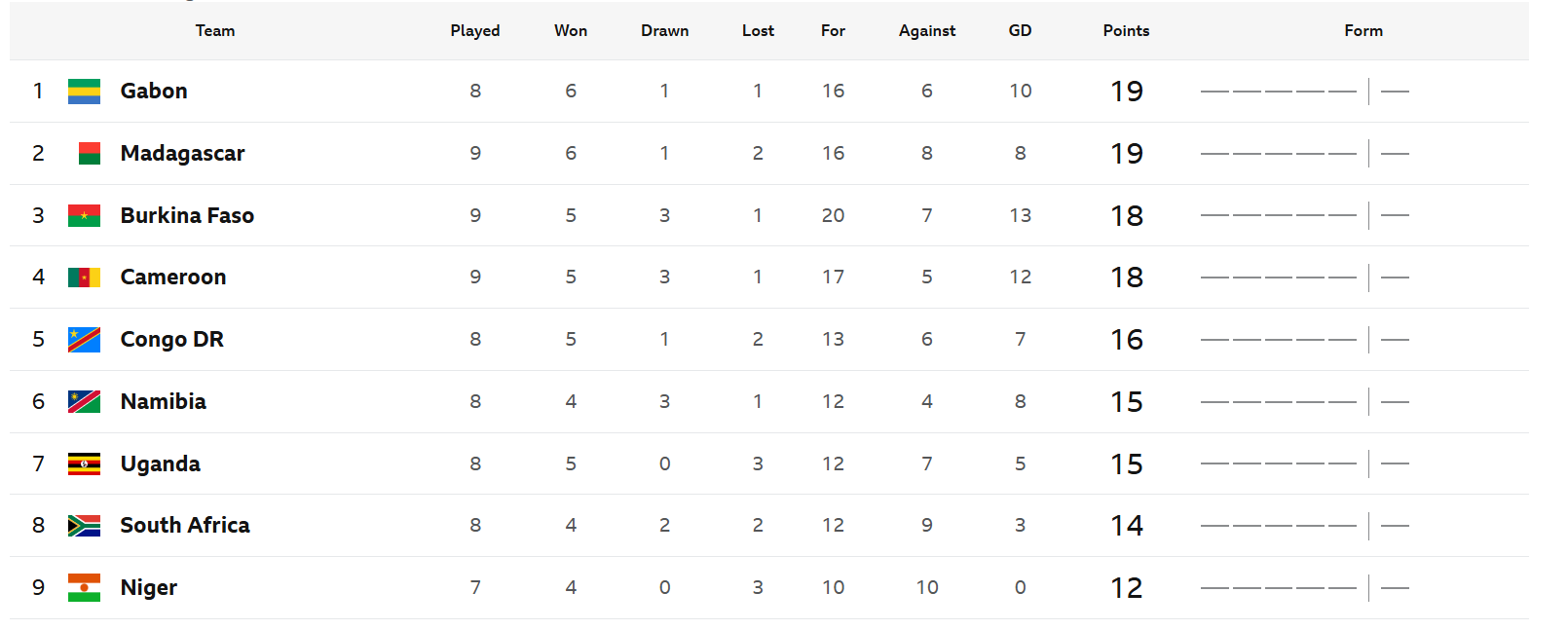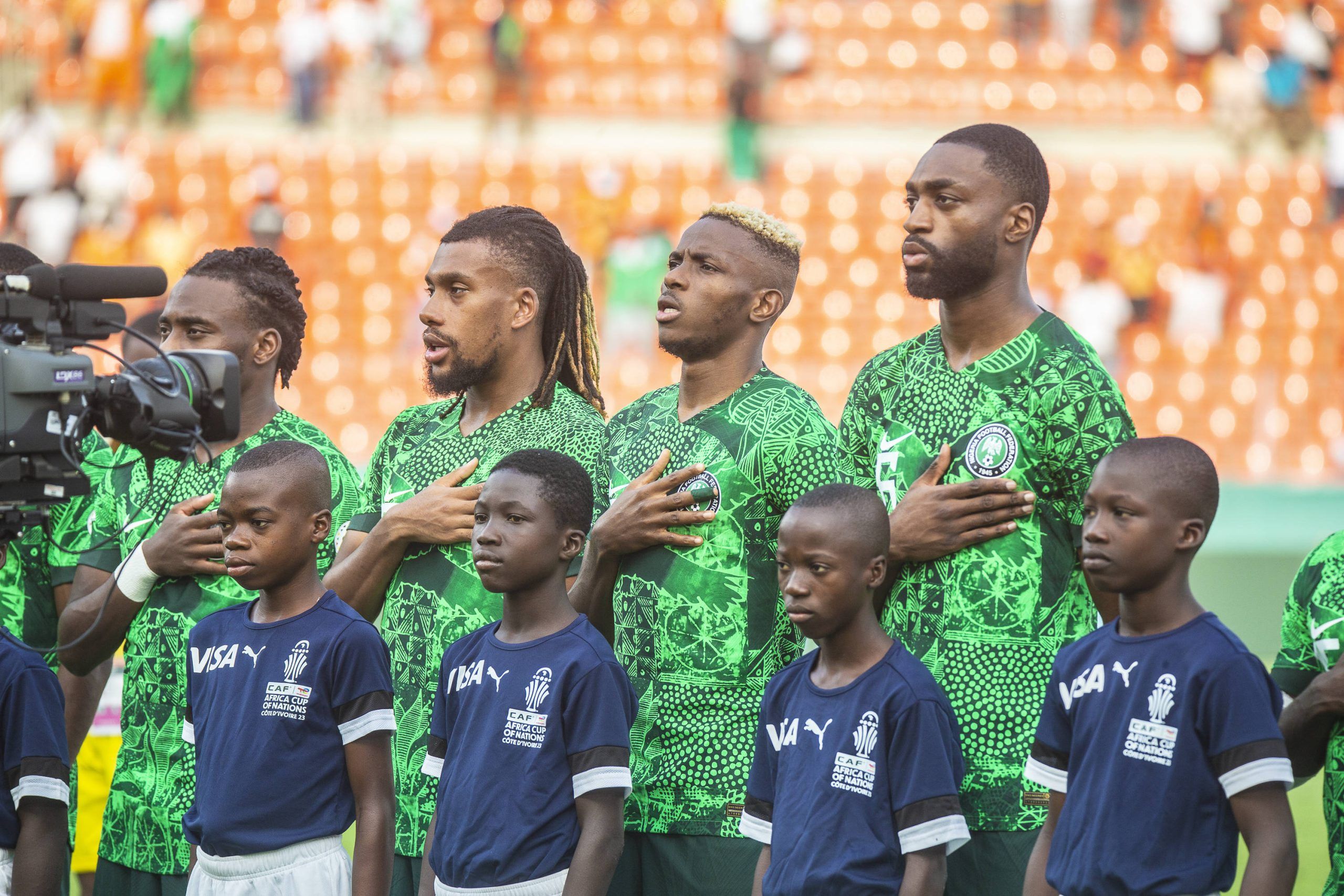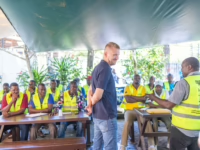Could Eritrea, the birthplace of Alexander Isak, unexpectedly influence Nigeria’s qualification for the 2026 FIFA World Cup? Insights from Soccernet.ng suggest it might.
In 2023, FIFA confirmed Eritrea’s withdrawal from the 2026 World Cup qualifiers, leaving Group E with just five teams: Morocco, Zambia, Congo, Tanzania, and Niger.
Although Eritrea will not participate in the qualifiers, its absence could indirectly shape Nigeria’s path to the tournament. Notably, this East African nation is the ancestral homeland of Liverpool’s forward Alexander Isak.
The withdrawal of Eritrea has altered the CAF qualifying structure, potentially benefiting the Super Eagles as they vie for one of Africa’s coveted World Cup slots.
How Eritrea’s Exit Could Favor Nigeria
With Eritrea’s exit before the qualifiers commenced, Group E now features five teams instead of the usual six, unlike the other eight groups.
To ensure equity in ranking the best runners-up, CAF is anticipated to disregard results against the lowest-ranked teams in the six-team groups, a method previously applied in 2012.

This potential rule change could work to Nigeria’s advantage. The Super Eagles have dropped points against lower-ranked teams such as Zimbabwe and Lesotho, so excluding these results would impact them less than other teams that secured dominant wins over those sides.
Nigeria’s Standing in the Qualifying Group
After eight fixtures, Nigeria currently ranks third in Group C, trailing Benin and South Africa, with 11 points. The team has faced challenges maintaining consistency, having drawn against Zimbabwe and Lesotho, while their only losses came at the hands of Benin and South Africa.
View this post on Instagram
With two fixtures remaining-an away game against Lesotho and a home match versus Benin-Nigeria must benin-rise/” title=”Nigeria Falls in FIFA Rankings While … and … Surge Ahead”>secure victories in both to keep their hopes alive of topping the group or qualifying through the playoffs.
Super Eagles’ Standing Among the Best Runners-Up
Only the top four second-placed teams from the nine groups will progress to the CAF playoff round, which could lead to an intercontinental playoff opportunity.
At present, Nigeria trails behind Gabon, Madagascar, DR Congo, and Burkina Faso in this ranking. However, their position could improve depending on other group outcomes and whether CAF enforces the rule to omit results against the lowest-ranked teams.

Potential Impact of Excluding Results Against Bottom Teams
This adjustment could prove advantageous for Nigeria. The Super Eagles drew both encounters with Zimbabwe and earned just one point from their initial match against Lesotho, meaning fewer points would be deducted if those results are excluded.

Conversely, South Africa secured victories over Zimbabwe twice and Lesotho once, while Benin also defeated both teams. Should Lesotho or Zimbabwe finish last in their groups, those teams would lose more points than Nigeria, narrowing the gap in both group and playoff standings.
The Significance of the Upcoming Matches
The final international window in November will be critical. Nigeria cannot afford any slip-ups, and every point gained will be vital.
Regardless of whether CAF confirms the exclusion of results against bottom-placed teams, the Super Eagles must aim for maximum points in their remaining fixtures to keep their World Cup dreams alive.
Eritrea’s earlier decision to withdraw has introduced an unexpected variable into the qualification process, potentially influencing which African nations secure a spot at the 2026 World Cup.
The Link Between Eritrea, Alexander Isak, and Nigeria’s World Cup Journey
Although Alexander Isak plays internationally for Sweden, his roots trace back to Eritrea, and he has often expressed pride in his heritage. In 2019, he visited Eritrea, emphasizing its importance to his identity.

Ironically, the absence of his ancestral nation from the World Cup qualifiers might subtly yet significantly affect Nigeria’s campaign.






















0 Comments